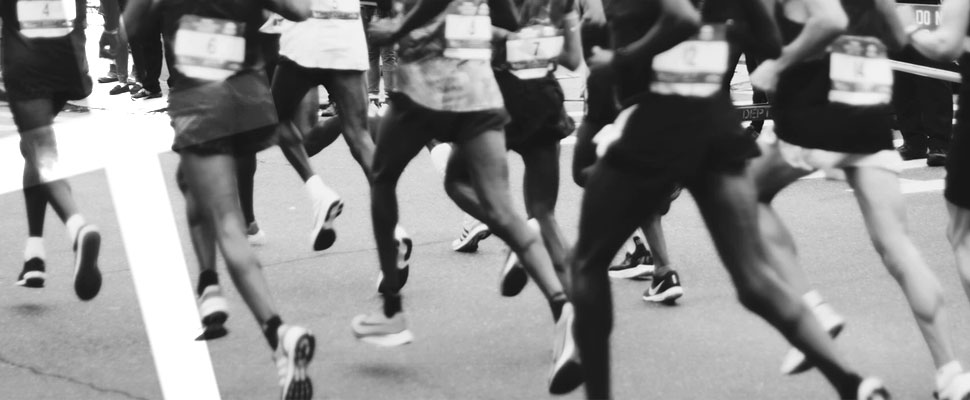Everything you should know about sudden death in marathons
3 people recently died in marathons held in Latin America. LatamPost consulted an expert to find out why these unfortunate events happened

While sport has always been linked to life and the brilliant display of the physical conditions of the human being, from a few years ago, several have been the cases of athletes’ deaths practicing their disciplines. Footballers, cyclists, but especially marathoners, have faced this harsh reality.
Leer en español: Todo lo que deberías saber sobre la 'muerte súbita' en los maratones
Recently, three major pedestrian events in Latin America had a similar event in common. In the 21K marathon of Buenos Aires, Medellín, and Táchira three people (men), one in each event, died from the so-called sudden death, common way of naming the lethal heart attack.
For this reason, in LatinAmerican Post, we decided to contact a specialist in the field such as Dr. Henry Cárdenas, cardiologist, hemodynamicist and Venezuelan broker, who explained why these cases are presented and gave his recommendations.
Sudden death in marathons
The sudden death, according to what the specialist explains, is not another thing that a lethal attack to the heart, which can happen because of two causes.
- A congenital hypertrophic cardiomyopathy that is a heart disease
- Adverse cardiac conditions of some people
"First of all, I must clarify that there is a very low death rate in Marathons, but as they produce a lot of media noise, it creates a panic and a false assessment of the case. To be more specific, the mortality rate is so low that studies indicate, among them those of the New England Journal Medicine, that in marathons held in the last 10 years in the United States, of 11 million people who were in competition, there were only 59 cases of sudden death, which represents one death for every 184 thousand people. A very low figure", explained Cardenas.
Also read: The Latin American challenge to face heart diseases
Can someone with heart disease run?
Now, on the scenario of whether or not a person with heart conditions could run, Cárdenas' answer is yes, because heart conditions do not always limit people to compete in events of this type.
"Everything depends on the specific condition you have. There are cases that are manageable and cardiopathies that do not have problems when running as long as you have the controls, while there are others that are more delicate and it is advisable not to run long distances. Of course, everything must be supervised by the cardiologist of each person, who with the history and physical actuality, evaluates what can and cannot be done. What almost always happens is that because of the Latin American culture, once the patient is operated and feels well, he regularly stops going to the doctor, and that is where the problems come from", he added.
What to do in case of heart attack?
What a runner or person in a marathon can do to help an athlete suffering a heart attack is little. The cardiologist explains that the person should receive specialized attention. Of course, the quicker the medical caregivers of the event are located, the better it will be, because immediacy is vital in this case.
Cárdenas says that "to be more precise, in case of a deadly arrhythmia, for every minute we waste of time in resuscitating a patient, their probability of survival is reduced by 10 percent. So, if 8 or 10 minutes have passed since the moment of the attack until the person receives attention, the probability that he has to survive is zero. It is for this reason that today, the high-level competitions already have defibrillators for every certain number of kilometers and medical attention assistants specialized in advanced resuscitation".
This recommendation could save lives
Finally, the specialist gives a tip to the entire population of runners who read us, to reduce the risk of suffering such an unfortunate episode as those of the athletes who participated in Buenos Aires, Medellín and Táchira.
"My suggestion for all those who wish to run in competitions like the 42K and 21K, is to have a small study done before any race or at least once a year. This test consists of general physical examination, reviewing family history, and a simple electrocardiogram, which can lead your cardiologist to perform a screening (assessment tests) to rule out possible risks in the race. In prevention there is the destiny of many lives, and we must be aware of that", he concluded.
LatinAmerican Post | Freddy González
Translated from “Todo lo que deberías saber sobre la 'muerte súbita' en los maratones”
Listen this article





